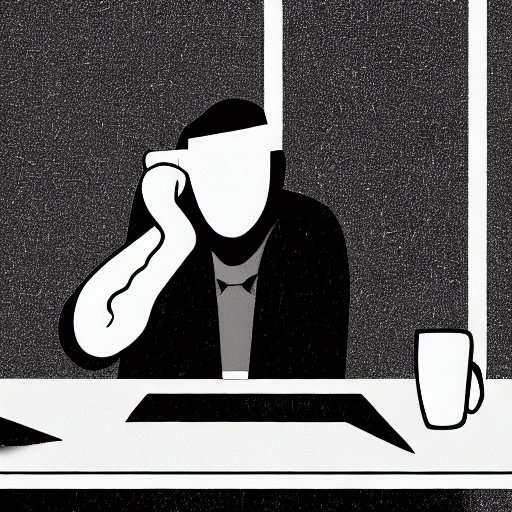🇧🇷 Nearly a third of Brazilians live below the poverty line. For those people, using the land and its resources is a matter of survival. Some experts and farmers believe that if people can make a living off land that has already been cleared, they won't need to cut down more rainforest.
https://projects.apnews.com/features/2023/the-protein-problem/brazil-amazon-rainforest-deforestation/index.html
#TheNostr | #growNostr | #press | #PLEBchaiN

Coffee ☕
npub17e…0kl63
2023-12-06 14:42:12
Author Public Key
npub17eruj45dp9vkuv3lm5q5fw8z7dd27hd2g0u7kkd4qt5emy85xees20kl63Published at
2023-12-06 14:42:12Event JSON
{
"id": "7e16607a4f753f60783059b380d3c7c7f435f7126eed27847e0ee9681830f8fc",
"pubkey": "f647c9568d09596e323fdd0144b8e2f35aaf5daa43f9eb59b502e99d90f43673",
"created_at": 1701873732,
"kind": 1,
"tags": [
[
"t",
"TheNostr"
],
[
"t",
"thenostr"
],
[
"t",
"growNostr"
],
[
"t",
"grownostr"
],
[
"t",
"press"
],
[
"t",
"press"
],
[
"t",
"PLEBchaiN"
],
[
"t",
"plebchain"
],
[
"r",
"https://projects.apnews.com/features/2023/the-protein-problem/brazil-amazon-rainforest-deforestation/index.html"
]
],
"content": "🇧🇷 Nearly a third of Brazilians live below the poverty line. For those people, using the land and its resources is a matter of survival. Some experts and farmers believe that if people can make a living off land that has already been cleared, they won't need to cut down more rainforest.\n\nhttps://projects.apnews.com/features/2023/the-protein-problem/brazil-amazon-rainforest-deforestation/index.html\n\n#TheNostr | #growNostr | #press | #PLEBchaiN ",
"sig": "6882baaeae68a6f6eb64e1108834d0b0a83332b27530beb56b0e9c76742e0b87a8f495c6347b47d54cd4adc82215830a40cec4ef7fa60fd118a0a48a9becc42e"
}